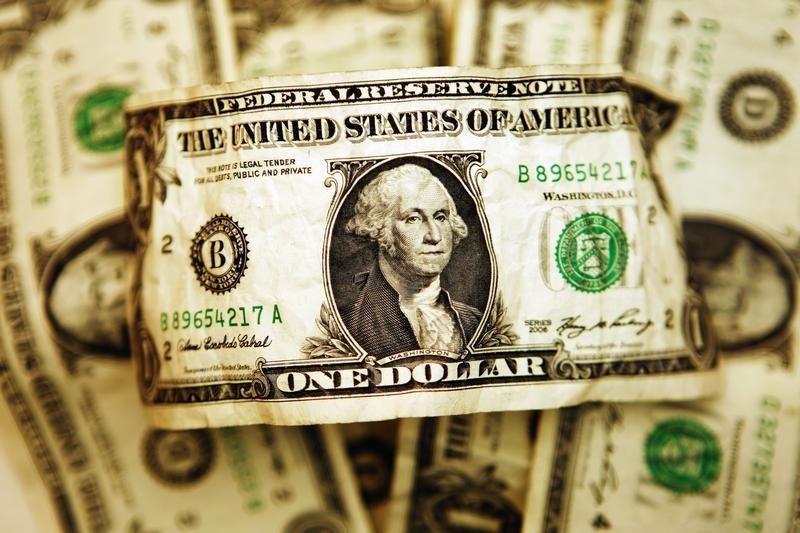Investing.com - The U.S. dollar edged lower against most if its major rivals on Monday, as weaker than expected U.S. employment data prompted investors to push back expectations for a rate hike in the U.S. to the end of the year.
Trading activity was subdued on Friday with many investors away from their desks for the Easter weekend. Volumes were expected to remain light on Monday, as markets in Europe, the U.K. and China stayed closed for holidays.
The dollar remained under pressure after the Labor Department reported Friday that the U.S. economy added 126,000 new jobs in March, the smallest increase since December 2013 and significantly below expectations for a gain of 245,000.
The disappointing report makes it more likely that the Federal Reserve will wait until the end of the year to raise interest rates from record low levels. Market players had previously speculated that U.S. interest rates could start to rise as early as June.
Later in the day, the U.S. Institute of Supply Management is to release data on service sector activity as investors look for further indications on the strength of the economy and the future path of monetary policy.
EUR/USD was up 0.13% to 1.0985 during U.S. morning hours, extending strong gains from the previous session.
The single currency found further support from hopes that Greece will repay the International Monetary Fund on time. Athens is on the hook for a roughly €450 million loan repayment to the IMF due this Thursday.
The U.S. dollar index, which measures the greenback’s strength against a trade-weighted basket of six major currencies, was little changed at 96.86.
Elsewhere, gold futures rallied sharply as investors increased bets the Federal Reserve will hold off on raising interest rates until later this year following the release of disappointing U.S. employment data.
A delay in raising interest rates would be seen as bullish for gold, as it decreases the relative cost of holding on to the metal, which doesn't offer investors any similar guaranteed payout.
Meanwhile, crude oil rose more than $1 on Monday, as investors assessed the impact of last week’s Iranian nuclear deal on global supplies.
Oil prices plunged late last week after Western powers negotiated a tentative nuclear deal with Tehran, which could add more crude to an already oversupplied market.
However, futures have since regained some ground with market experts largely estimating that a ramp-up in Iranian crude exports could take several months.
